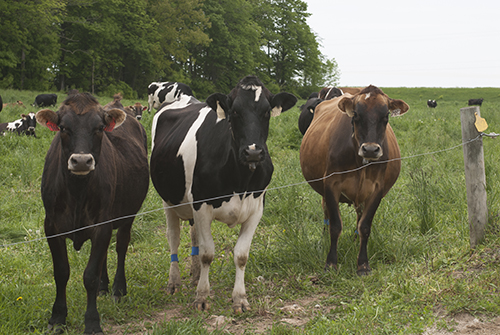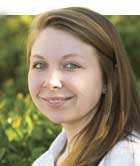
by Amanda Smith, Hoard's Dairyman Associate Editor
China. It's a population powerhouse on the tip of every dairyman's tongue. Enter into a conversation regarding milk prices or dairy demand, and China will inevitably come up. The nation's expanding middle class hungers for protein. This, coupled with its import demand, has buoyed world milk prices as of late.
After the melamine scandal rocked the country in 2008, citizens looked outward to meet their needs. Milk from a foreign supplier carried an added level of safety and trust, while domestic dairy was hindered by production problems and distrust.
In May, China tightened its borders to infant formula made in other countries. New restrictions require foreign makers of milk powder to register their product and their manufacturing and storage centers with the Chinese government before it can be sold in the country. These new restrictions might be an attempt to strengthen sales of domestically made milk powder products, which have taken a hit since the melamine scare.
Even as China's infant formula boarders constrict, it's opening its doors to knowledge. University of Wisconsin-Madison dairy scientists will now have an opportunity to share their work with those in the Chinese dairy industry. The university was selected to develop the curriculum for the $400 million dairy training center established by Nestle in China's northeast province of Heilongjiang.
Nestle is one of the world's largest infant formula manufacturers. The Dairy Farming Institute is key to its effort to establish a more reliable source of high quality milk to supply its Chinese processing facilities.
According to the university, Nestle executives were on campus Monday to sign a three-year, $1.7 million agreement under which UW-Madison personnel will design and help deliver a series of courses covering the key aspects of dairy farm management. These topics will range from milk quality and reproduction to feeding and biosecurity.
Milk quality researcher and professor Pamela Ruegg is leading the project, along with professor David Combs and Karen Nielsen, director of the Babcock Institute for International Dairy Research and Development. The institute will include a training center and three demonstration farms that can be used to teach the country's farmers and industry consultants.

The author, Amanda Smith, was an associate editor and an animal science graduate of Cornell University. Smith covered feeding, milk quality and headed up the World Dairy Expo Supplement. She grew up on a Medina, N.Y., dairy, and interned at a 1,700-cow western New York dairy, a large New York calf and heifer farm, and studied in New Zealand for one semester.









